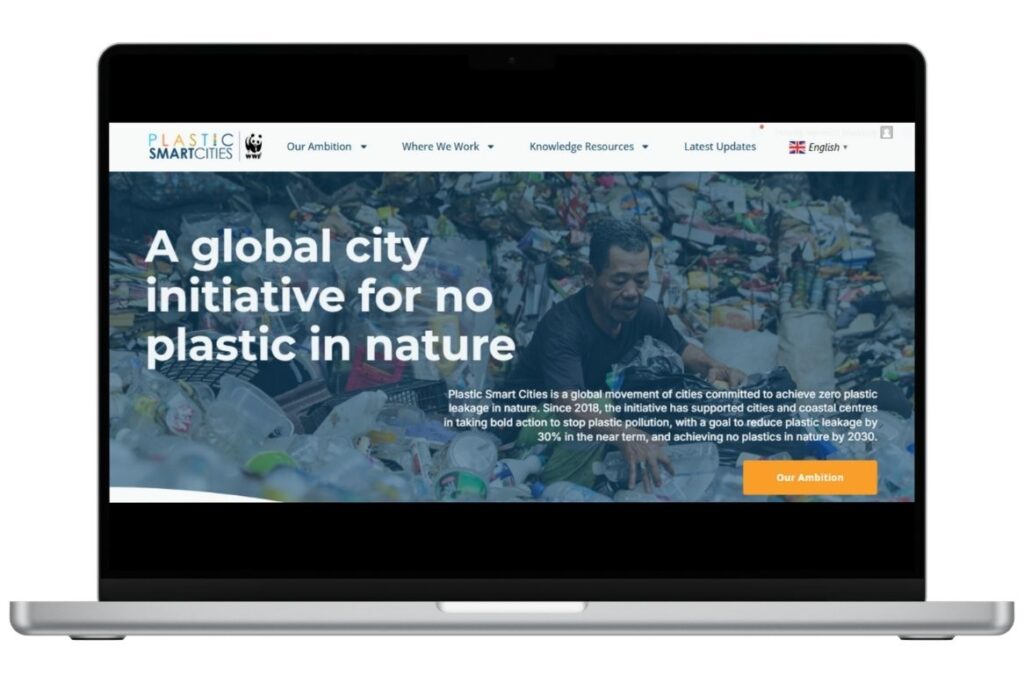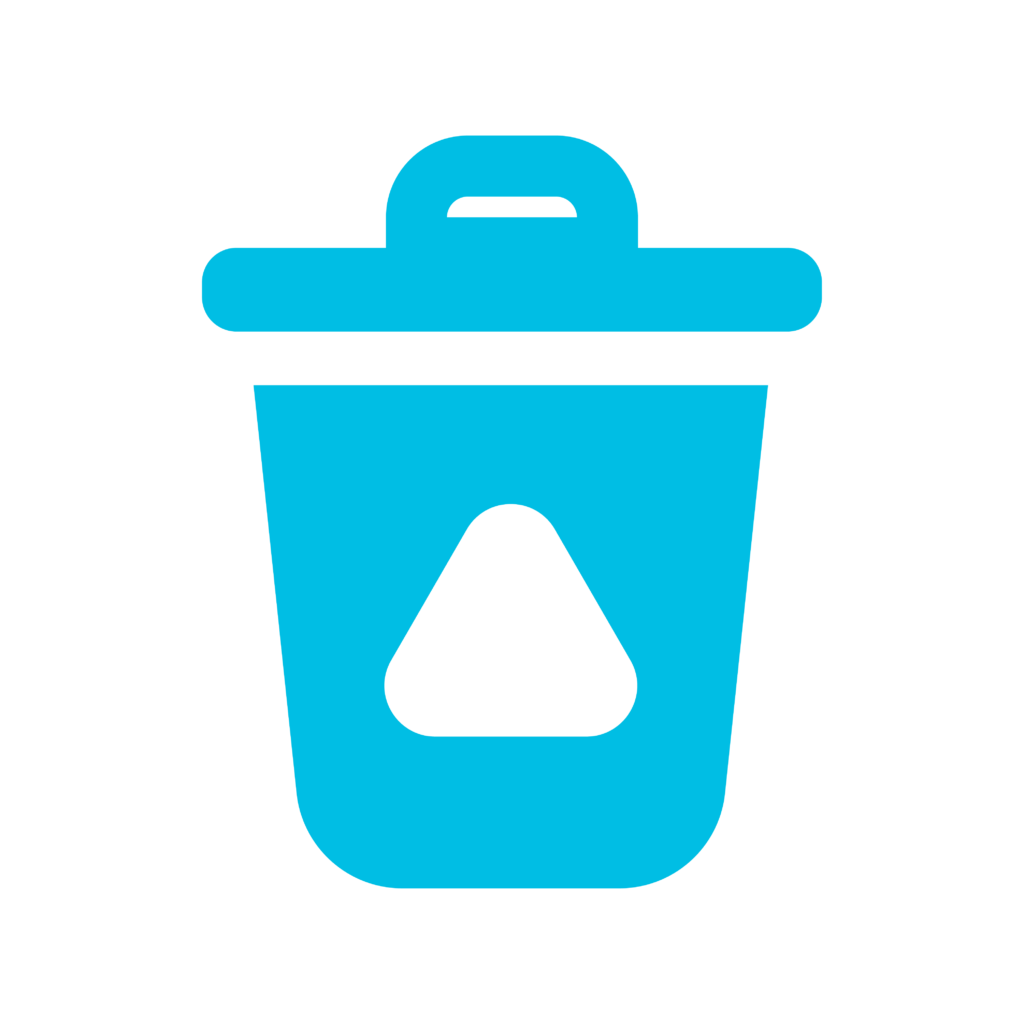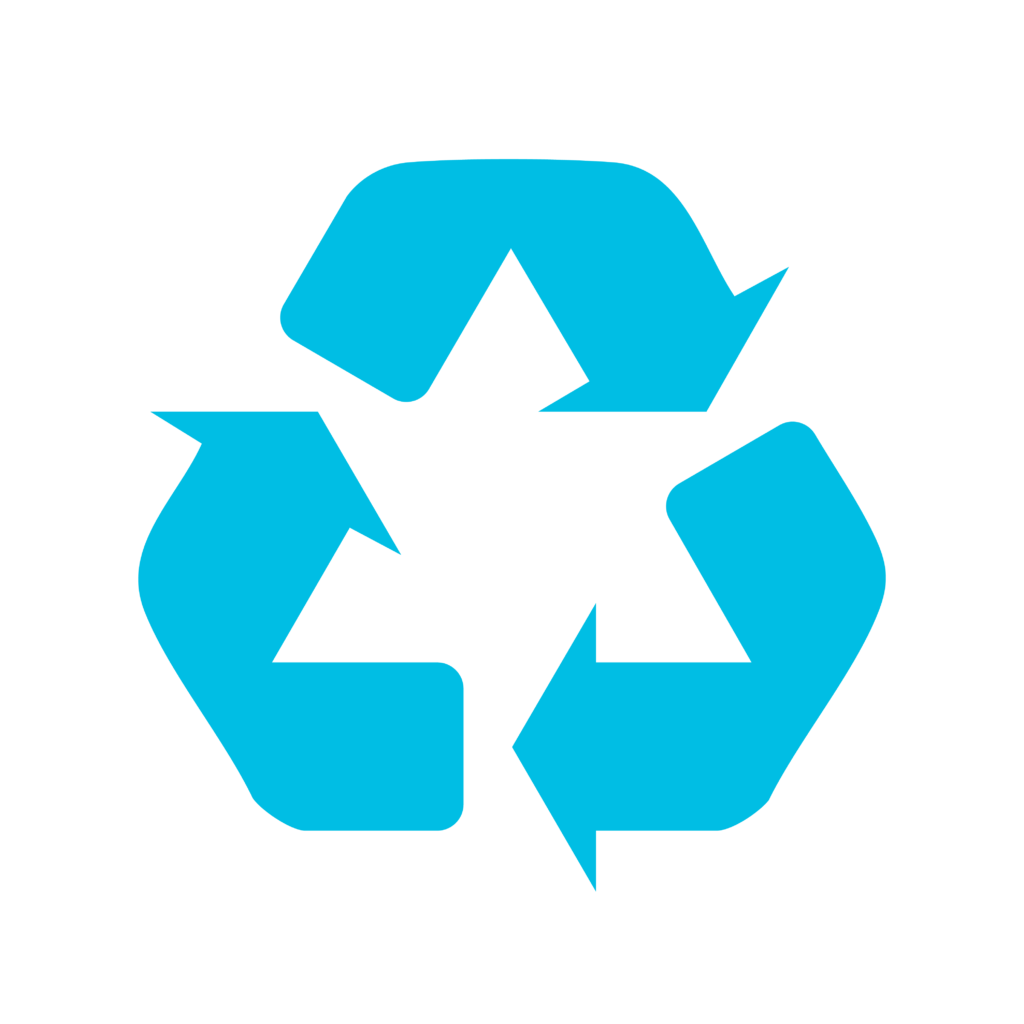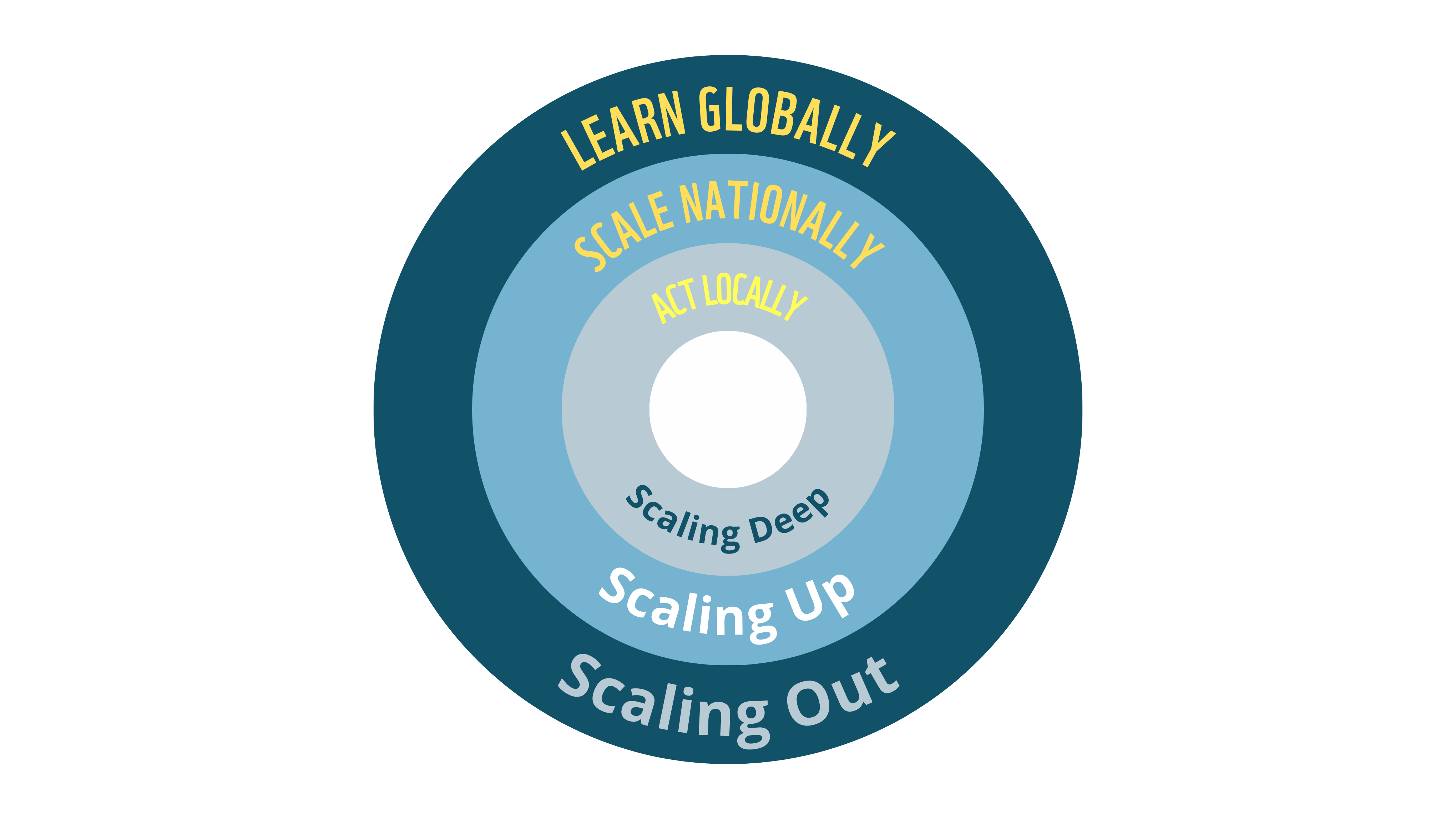Our
Ambition
We have big aspirations - that the only footprint we leave behind, are those that disappear with the tide - that there is no plastic in nature by 2030.
In order to reduce our plastic footprint, we must advocate for new policy standards, new incentives for industry, and new models of innovation for plastic avoidance, use, reuse and waste management.
Plastic Smart Cities is a WWF initiative that supports a no plastic in nature agenda. Since 2018, the initiative has supported cities and coastal centers in taking bold action to stop plastic pollution, with a goal to reduce plastic leakage into nature by 30% in the near term, and achieving no plastics in nature by 2030.
WWF is an independent conservation organization, with over 30 million followers and a global network active in nearly 100 countries. WWF’s mission is to stop the degradation of the planet’s natural environment and to build a future in which people live in harmony with nature, by conserving the world’s biological diversity, ensuring that the use of renewable natural resources is sustainable, and promoting the reduction of pollution and wasteful consumption.
WWF’s “No Plastic in Nature” initiative calls for No Plastic in Nature by 2030. WWF acknowledges that there is no single solution to plastic pollution, but rather a need for a comprehensive strategy that engages all actors. By engaging all actors – government, businesses, and the public – we can examine every aspect of the life-cycle of any given plastic material, and identify key elements that are ripe for intervention.
Check out these other WWF-supported plastic waste reduction tools or resources:
It is our mission to transition to a circular economy, where our packaging and waste leaves no impact on our planet, where materials are recycled and reused to their fullest potential, where resources are responsibly managed, and negative impacts are actively avoided.
The Plastic Smart Cities initiative supports WWF’s No Plastic In Nature agenda, while also directly aligning with seven of the 17 UN Sustainable Development Goals (SDG’s). The SDG’s are a collection of global goals set by the United Nations General Assembly in 2015, that serve as the blueprint to achieve a more sustainable future for all, working to address global challenges related to poverty, inequality, climate, environmental degradation, prosperity, and peace and justice.
Plastic Smart Cities adopt plastic solutions that advance SDG 6 – Clean Water and Sanitation; SDG 9 – Industry, Innovation and Infrastructure; SDG 11 – Sustainable Cities and Communities; SDG 12 – Responsible Consumption and Production; SDG 14 – Life Below Water; SDG 15 – Life on Land; and SDG 17 – Partnerships for the Goals. All Best Practices featured on the Plastic Smart Cities platform align with at least one of the global goals.

Working on the ground with cities, coastal centres and tourism hotspots across Asia, Africa, LAC, Europe and the Mediterranean. Our goal is to prove successful implementation models which could be scaled and replicated to keep plastic out of nature by 2030.

WWF invites Cities to commit to ambitious targets in line with the global call for a plastic treaty, and to develop and disseminate Plastic Smart Action best practices on www.plasticsmartcities.org

Eliminate harmful and avoidable plastics. It involves phasing out unnecessary or single-use plastics, promoting bans or restrictions, and encouraging upstream policy interventions to minimize plastic production. Promotes the adoption of reusable systems and products to replace single-use plastics.

Effective collection and segregation systems are critical to ensuring plastics are captured and directed to appropriate recycling or disposal channels. This focus area supports cities in improving access to formal collection systems, enhancing segregation at the source, and optimizing waste logistics.

Recycling and recovery are key to closing the loop on plastic waste. This focus area supports the development of infrastructure, technologies, and market incentives that increase recycling rates, reduce contamination, and promote the use of recycled materials to retain plastics within the value chain.
City/National Indicator: Reduction/avoided plastic (t)
City/National Indicator: Increase in collection of plastic (t)
City/National Indicator: Plastic managed, recycled, repurposed (t)
# of packaged and disseminated Plastic Smart Solutions or Tools
# of resources developed to support Plastics Circularity
# of knowledge Sharing Opportunities between cities/partners/teams

Scaling best practices & consolidating partnership:
Catalyze Learnings:
PSC KNOWLEDGE RESOURCES
Monitoring, Evaluation, Learning: Assess effectiveness of intervention packages. Evaluate programme – consolidate, share, and develop actions from learnings, using findings to adapt implementation plan and design of future projects.
Gaps Assessment:
Systems and Infrastructure:
Implement or support implementation of projects together with sustainable partners with high potential for scaling nationally
Building Capacity:
Create or deepen capacity & knowledge of a city for better policy, financial mechanism, and management of their waste system.
We have big aspirations - that the only footprint we leave behind, are those that disappear with the tide - that there is no plastic in nature by 2030.
The Plastic Smart Cities
1
2
3

UrbanAcres, LLC
“My move was way less stressful than expected! Movely packed everything, stored it for a week, and moved it all to my new home just as promised!”

H&H Legal Partners
“Movely provided a very professional service when we moved offices last month. They were easy to work with and moved everything on time.”

SavvyMarket
Best experience ever! I desperately needed a mover to help with a last minute relocation, and Movely was so helpful in making it a seamless process!”